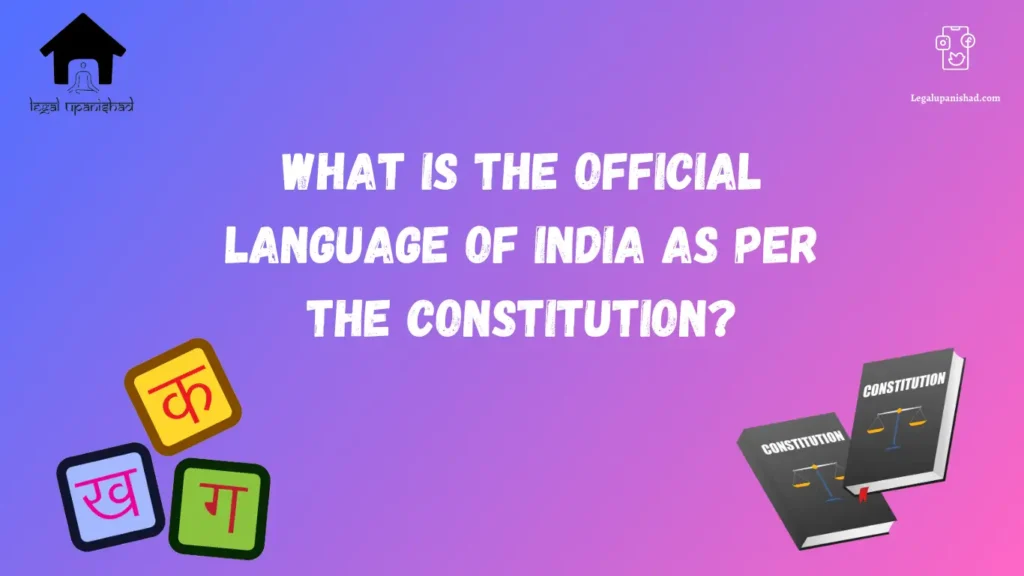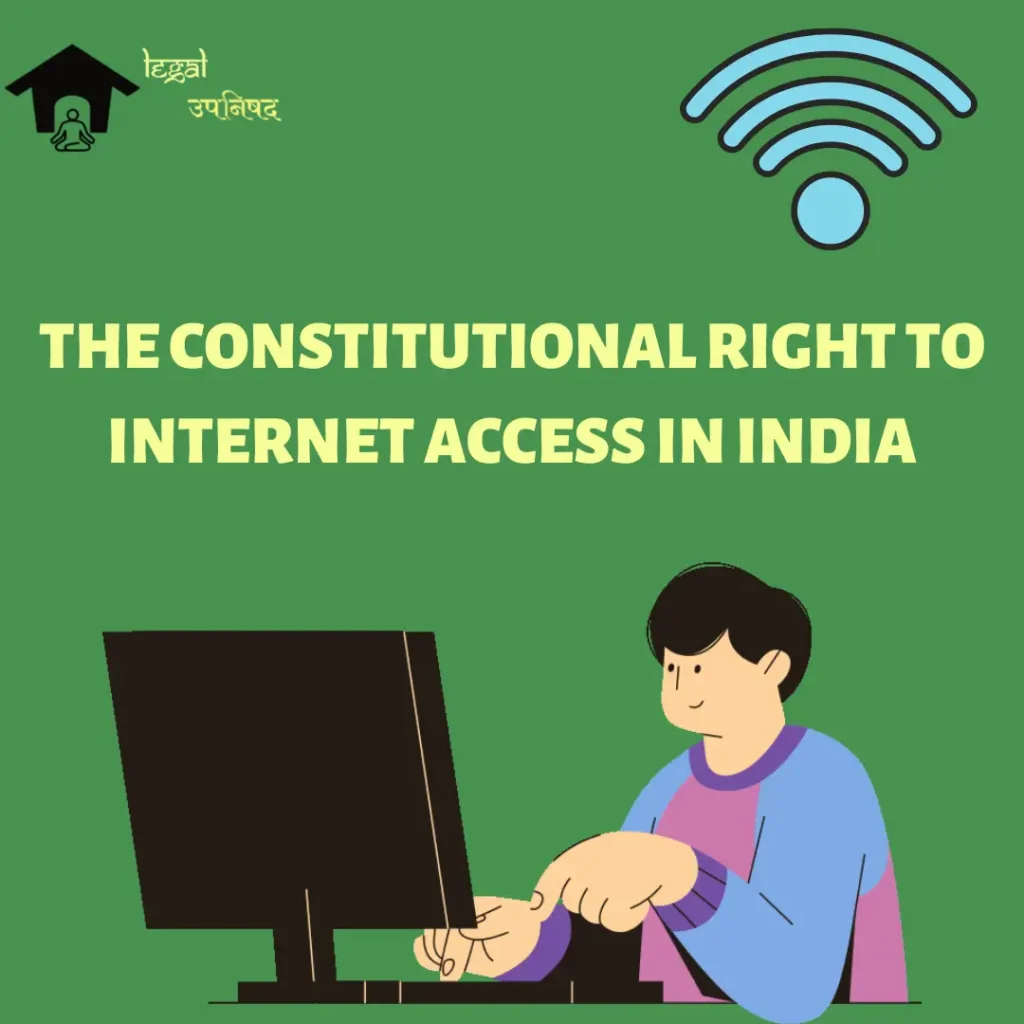All About: Official Language of India Under the Constitution
Explore the official language of India as defined by the Constitution. Gain comprehensive knowledge on this important aspect of Indian governance.
All About: Official Language of India Under the Constitution Read More »










